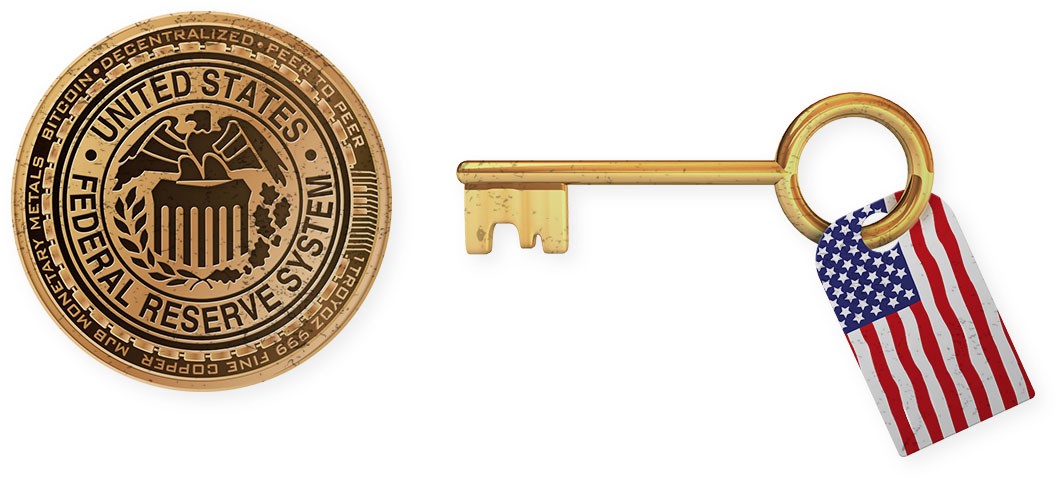PALO ALTO, Calif. (Reuters) - The Federal Reserve is taking a look at a broad series of problems around digital payments and currencies, including policy, style and legal factors to consider around possibly issuing its own digital currency, Governor Lael Brainard stated on Wednesday. Brainard's remarks recommend more openness to the possibility of a Fed-issued digital coin than in the past." By transforming payments, digitalization has the possible to deliver greater value and benefit at lower expense," Brainard stated at a conference on payments at the Stanford Graduate School of Organization.
Reserve banks worldwide are disputing how to handle digital finance innovation and the dispersed ledger systems used by bitcoin, which assures near-instantaneous payment at possibly low expense. The Fed is developing its own round-the-clock real-time payments and settlement service and is currently reviewing 200 remark letters sent late last year about the proposed service's style and scope, Brainard said.
Less than two years ago Brainard told a conference in San Francisco that there is "no compelling demonstrated requirement" for such a coin. But that was prior to the scope of Facebook's digital currency aspirations were widely understood. Fed officials, including Brainard, have raised concerns about customer protections and data s3.us-west-1.amazonaws.com/palmbeachresearchgroup3/index.html and privacy threats that could be presented by a currency that might enter what is the fed coin into usage by the third of the world's population that have Facebook accounts.
" We are teaming up with other main banks as we advance our understanding of reserve bank digital currencies," she stated. With more nations checking out releasing their own digital currencies, Brainard said, that contributes to "a set of reasons to likewise be ensuring that we are that frontier of both research and policy advancement." In the United States, Brainard stated, concerns that require research study include whether a digital currency would make the payments system safer or simpler, and whether it could position monetary stability risks, consisting of the possibility of bank runs if cash can be turned "with a single swipe" into the main bank's digital currency.
To counter the monetary damage from America's extraordinary nationwide lockdown, the Federal Reserve has actually taken unprecedented steps, consisting of flooding the economy with dollars and investing directly in the economy. The majority of these moves received grudging acceptance even from numerous Fed skeptics, as they saw this stimulus as needed and something only the Fed might do.
My brand-new CEI report, "Government-Run Payment Systems Are Unsafe at Any Speed: The Case Against Fedcoin and FedNow," information the risks of the Fed's present prepare for its FedNow real-time payment system, and propositions for central bank-issued cryptocurrency that have actually been called Fedcoin or the "digital dollar." In my report, I go over concerns about privacy, data security, currency control, and crowding out private-sector competition and development.
Proponents of FedNow and Fedcoin say the federal government needs to develop a system for payments to deposit instantly, rather than motivate such systems in the personal sector by raising regulatory barriers. However as kept in mind in the paper, the private sector is offering a seemingly limitless supply of payment innovations and digital currencies to solve the problemto the level it is a problemof the time gap between when a payment is sent and when it is received in a savings account.

And the examples of private-sector development in this area are many. The Clearing House, a bank-held cooperative that has been routing interbank s3.us-west-2.amazonaws.com/palmbeachresearchgroup4/index.html payments in different types for more than 150 years, has been clearing real-time payments given that 2017. By the end of 2018 it was covering 50 percent of the deposit base in the U.S.